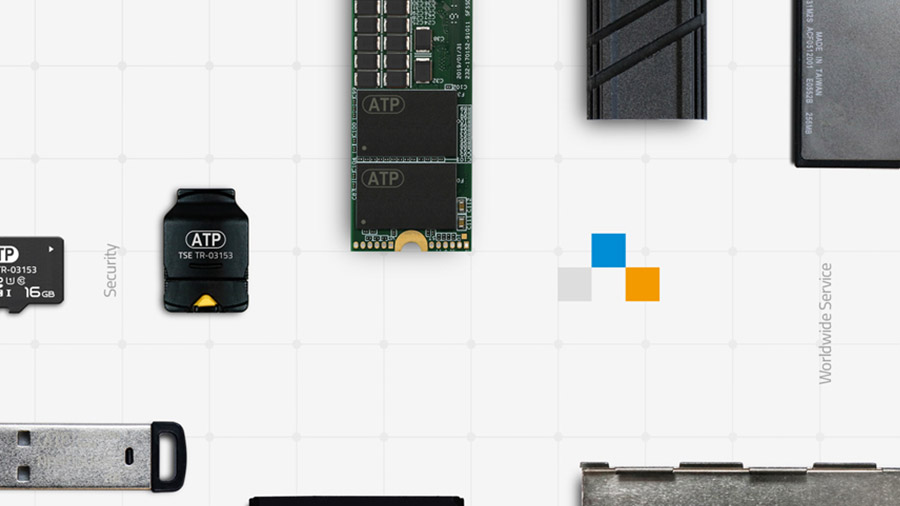
Firmware-Based Data-At-Rest Power Loss Protection
The firmware-based power failure protection effectively
protects data written to the device prior to power loss. After
the host receives a signal from the device that the WRITE
operation has been successfully completed, newly written as
well as previously written data are protected even if a sudden
power loss occurs.

Hardware-Based In-Flight-Data Power Loss Protection
This hardware-based power failure protection prevents data
loss during a power loss event by ensuring that the last
read/write/erase command is completed and data is stored
safely in non-volatile flash memory. Select NVMe modules and
SATA SSDs feature a new microcontroller unit (MCU)-based
design that allows the PLP array to perform intelligently in
various temperatures, power glitches and charge states to
protect both device and data.

Advanced Wear Leveling
Manages the reads and writes across blocks evenly
to optimize the overall life expectancy of a flash product

AutoRefresh
Monitors the error bit level in every operation. Before the error
bit in a block reaches or exceeds the preset threshold value,
AutoRefresh moves the data to a healthy block, thus preventing
the controller from reading blocks with too many error bits
and averting read disturbance and data corruption.

Dynamic Data Refresh
Runs automatically in the background to reduce the risk of read
disturbance and sustain data integrity in seldom-accessed
areas by sequentially scanning the user area flag record
without affecting the read/write operation. The data that has
been completely moved to another block will be read
and compared with the source data to ensure data integrity

Auto-Read Calibration
As program/erase (P/E) cycles increase, memory cells age
and cause voltage shifts that lead to high bit error rates
(BER) when predefined read thresholds are fixed.
The Auto-Read Calibration (ARC) function reduces BER
and enhances reliability by adjusting/calibrating the read
thresholds. ARC is supported by the TLC LDPC controller.

End-to End Data Path Protection
Ensures error checking and correction as data moves from
the host to the storage device controller and vice versa. By
covering the entire data path, end-to-end protection
guarantees integrity at any point during data transfer




